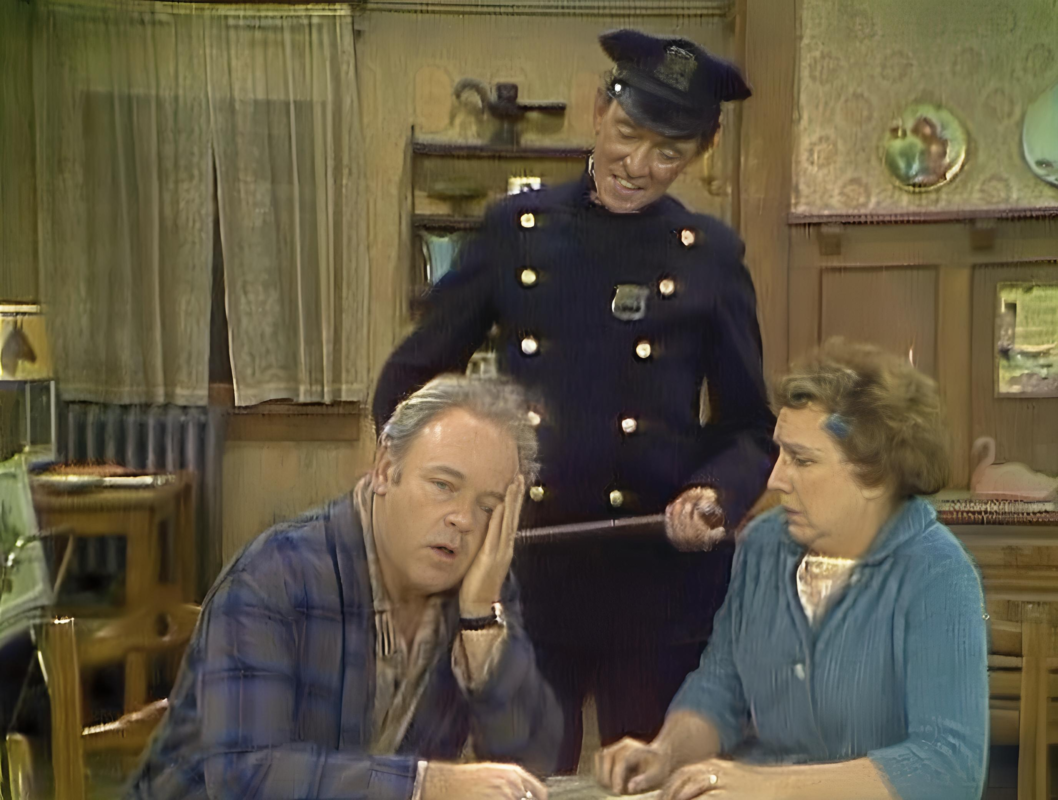
Acclaimed author and cultural critic Roxane Gay has added her voice to the ongoing conversation about the role of satire in addressing racial issues, specifically critiquing the iconic television show “All in the Family.” Gay, known for her incisive analysis of culture and society in works like “Bad Feminist” and “Hunger,” offers a nuanced perspective on the show’s impact and its limitations in confronting racism through comedy.
“All in the Family,” created by Norman Lear, was a groundbreaking sitcom in the 1970s. It used humor to tackle serious social issues such as racism, sexism, and homophobia, with the character of Archie Bunker epitomizing the prejudiced attitudes prevalent in American society at the time. While the show aimed to provoke thought and discussion, Gay highlights the complexities and potential pitfalls of using satire to address such deeply ingrained societal problems.
“Satire is a powerful tool, but it’s also fraught with risks,” Gay explains. “While ‘All in the Family’ sought to critique bigotry, there’s always a danger that the satire can be misunderstood or misinterpreted, leading to reinforcement rather than subversion of harmful stereotypes.”
Gay points out that the effectiveness of satire depends heavily on the audience’s ability to recognize and understand the underlying critique. “The character of Archie Bunker was meant to be a cautionary figure, a person whose outdated and prejudiced views were meant to be laughed at, not with,” she says. “However, not all viewers received the message in the same way. Some saw Archie as a relatable or even endearing character, which could inadvertently legitimize the very attitudes the show intended to criticize.”
This ambiguity in reception is one of Gay’s primary concerns. She argues that when satire is too subtle or when the target audience is not equipped to interpret it correctly, the intended social commentary can backfire. “For some viewers, Archie Bunker’s bigotry might have come across as justified or acceptable, rather than being seen as the outdated and harmful mindset it was meant to portray.”
Moreover, Gay critiques the show’s focus on individual prejudices rather than systemic issues. “Racism is not just about personal attitudes; it’s about institutional and structural inequities that permeate society,” she asserts. “By focusing predominantly on Archie’s personal bigotry, ‘All in the Family’ risked oversimplifying the broader, more complex nature of systemic racism.”
Gay also emphasizes the importance of diverse perspectives in media. “While ‘All in the Family’ broke new ground by addressing social issues head-on, it did so largely through the lens of a white, male protagonist,” she notes. “This focus can marginalize the experiences of those directly affected by the issues being discussed, leaving their voices and stories underrepresented.”
In her own work, Gay strives to amplify marginalized voices and explore the intersections of identity and power. She believes that media has a responsibility not only to entertain but also to educate and foster meaningful dialogue. “It’s crucial for creators to think deeply about how their work will be received and the impact it might have,” Gay argues. “We need stories that challenge existing narratives and push audiences to think critically about social justice issues.”
Gay’s critique of “All in the Family” serves as a reminder of the challenges inherent in using satire to address serious social issues. Her insights underscore the importance of clarity and intention in storytelling, particularly when dealing with complex and sensitive topics like racism.
“Roxane Gay’s analysis of ‘All in the Family’ highlights the delicate balance required in creating effective social commentary through satire,” Gay concludes. “It’s a call to action for writers, filmmakers, and other creators to approach their work with thoughtfulness and a deep understanding of the societal impact their stories can have.”
As we continue to engage with media that tackles social issues, Gay’s perspective encourages us to seek out and support narratives that not only provoke thought but also drive meaningful change. Her critique of “All in the Family” is a valuable contribution to the conversation about the role of media in shaping societal attitudes and advancing social justice.
